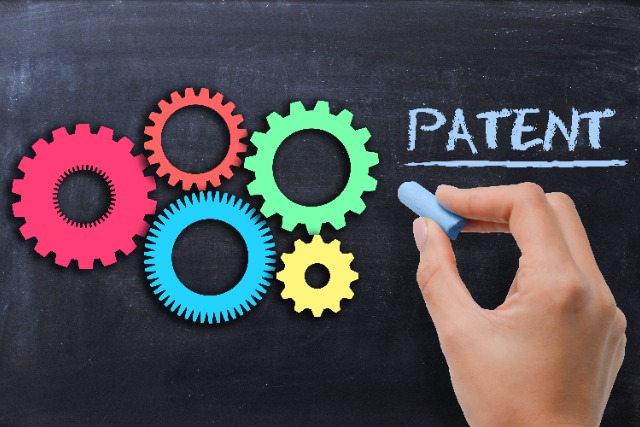In the realm of innovation and creativity, one question frequently emerges: is my invention patentable? Intellectual property law in the United States, particularly under the United States Patent and Trademark Office (USPTO), offers protection for various inventions. However, not all creations qualify for a patent. Please continue reading and reach out to a seasoned Orange County, California patent lawyer from Burns Patent Law to learn more about what constitutes a patentable invention, how the process works, and how our legal team can guide you through it. Here are some of the questions you may have:
How Do I Know if My Invention is Patentable?
Patent eligibility hinges on several key criteria. Firstly, the invention must be novel. It implies that the invention hasn’t been previously disclosed to the public in any form. Section 102 of the United States Patent Act outlines this novelty requirement, ensuring that only genuinely new inventions receive patent protection. Additionally, the invention must exhibit utility, meaning it has a specific, substantial, and credible utility. This utility requirement, as per 35 U.S.C. § 101, is foundational, ensuring that the patent system rewards inventions that offer tangible benefits. Furthermore, the invention must be non-obvious. This criterion, detailed in 35 U.S.C. § 103, ensures that the invention represents a significant advancement over existing knowledge or combinations of pieces of knowledge in the field.
How Does the Patent Process Work in California?
Initially, inventors, along with an attorney, must conduct a thorough patent search. This search aims to ensure the invention’s novelty by checking against existing patents and public disclosures. Following the search, inventors prepare and submit a patent application to the USPTO. The application must include detailed descriptions, claims defining the invention’s scope, and, if applicable, drawings. Upon submission, the USPTO examines the application to determine if the invention meets all legal requirements for patentability. The examination process can be lengthy, often requiring correspondence between the inventor (or their legal representative) and the patent office. If approved, the inventor is granted a patent, providing exclusive rights to the invention for a set period.
Should I Hire an Attorney?
Absolutely. If you’re considering patenting your invention, hiring an attorney is paramount. A skilled intellectual property lawyer can help conduct a comprehensive patent search, draft the patent application, and work through the examination process, responding to any objections or requests for clarification from the patent office.
If you have further questions or you’re looking to obtain a patent, please don’t hesitate to contact Burns Patent Law today. We are here to guide you through each step of the process ahead.

